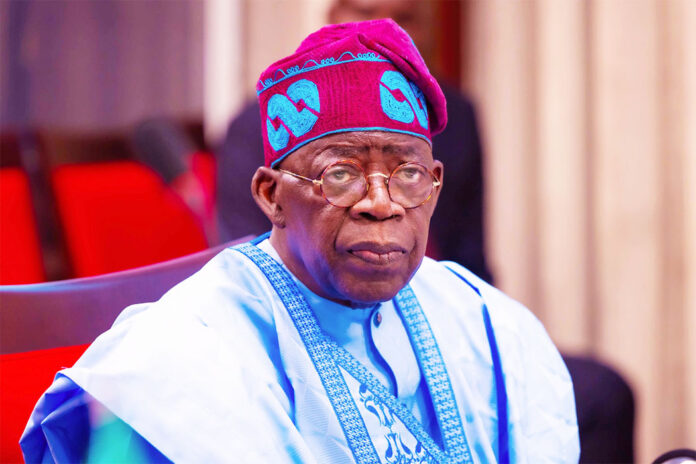As Nigeria commemorates Democracy Day, it’s essential to recognize the crucial role that youth play in shaping the nation’s future.
Comprising individuals aged 18 to 35, this demographic represents a significant portion of Nigeria’s population and holds immense potential to influence the country’s democracy.
Youth involvement in Nigerian politics extends beyond street protests, encompassing active engagement in electoral processes, community development, and policy advocacy.
With the rise of social media, young Nigerians now have new platforms to amplify their voices, organize movements, and hold officials accountable.

However, significant challenges hinder youth participation in Nigeria’s democracy. Structural barriers such as limited access to education, unemployment, and political marginalization prevent meaningful involvement in decision-making.
Additionally, vote-buying, political violence, and electoral malpractices undermine election credibility and erode trust in the system, disenfranchising young voters.
To harness Nigeria’s youth potential, multiple stakeholders must act. The government should prioritize youth-friendly policies that promote education, job creation, and political inclusion.
Investment in youth entrepreneurship, skills development, and civic education can empower young Nigerians to participate in nation-building and sustainable development.

Civil society organizations, media, and educational institutions also play crucial roles in fostering civic engagement and political awareness among youth.
By providing dialogue platforms, capacity-building initiatives, and advocacy campaigns, these actors can amplify youth voices and encourage civic responsibility.
On this Democracy Day, let us commit to building a Nigeria where every young person can shape the nation’s future. By empowering youth and promoting inclusive governance, we can realize Nigeria’s democratic potential and create a brighter tomorrow.




